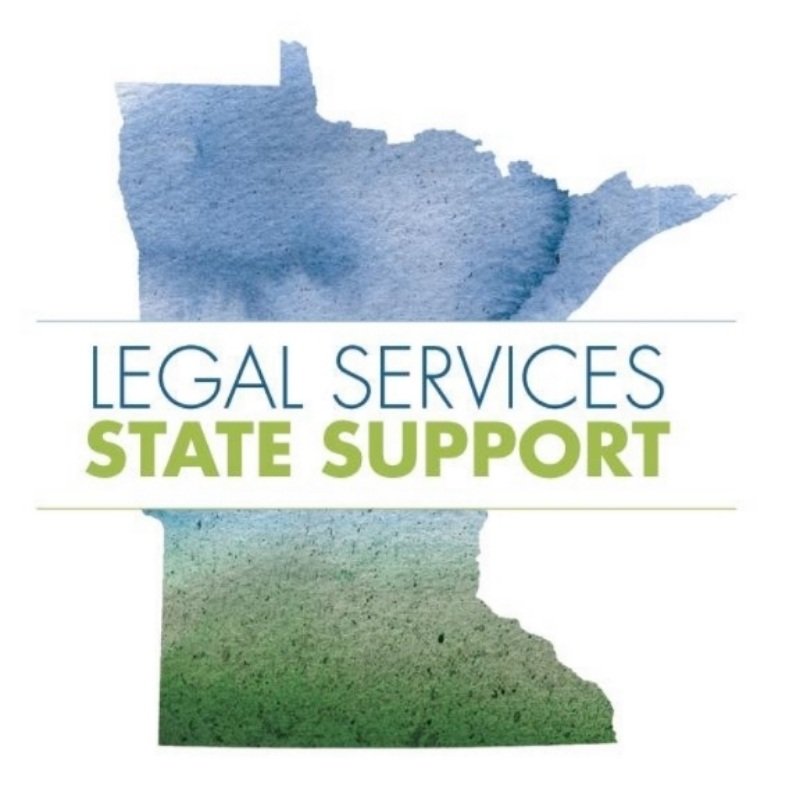In the latest issue of Minnesota Medicine, the frustration, fear, and anger resulting from “Medicaid unwinding” is discussed with Ralonda Mason, supervising attorney at the Saint Cloud office of Mid-Minnesota Legal Aid (MMLA). Along with others, Mason explains the complicated process of eligibility determinations and the toll on clients who were mistakenly denied coverage.
In response to the Covid-19 global pandemic, there was a massive increase in eligibility for the Medicaid program, which Mason explained was done for a very important reason. Many Americans would have otherwise lost healthcare coverage completely when employers needed to lay off staff or shut down completely and these people were suddenly eligible for Medicaid. “While we were struggling through an unprecedented health emergency in this country, having people lose coverage and access to healthcare would’ve been horrible for all of us.” Mason said.
But while experts in the field knew that eventually the expanded eligibility and coverage would end with the pandemic, many people benefitting from the program did not, and were taken by surprise when learning they could lose their coverage. It is estimated that between 100,000 and 280,000 Minnesotans could lose their Medicaid coverage in 2024. Mason notes that Minnesota has tried to be thoughtful about evaluating enrollee eligibility during the “unwinding” process while also recognizing the huge challenges inherent in reaching so many enrollees and communicating what needs to be understood and done.
MMLA’s Project Care (a free healthcare navigator service) provides assistance to help people apply for Medicaid coverage and take necessary steps to stay covered. Navigators work in the St. Cloud office, as well as in 14 different locations in the 12-county area. Bilingual navigators are stationed in public libraries, health clinics and social service agencies and navigators also meet with people on the phone and through virtual appointments. MMLA’s St. Cloud office is the only legal aid program in the state that provides this service to clients. “We’ve worked hard to make sure people know that we are providing these services. It is part of our job and our mission,” Mason said. On the subject of how complicated the process is, she noted, “You shouldn’t need to go to a lawyer to get to see your doctor.” Read more in “A tangled web: Minnesota’s post-COVID Medicaid ‘unwinding’ requires patience, compassion.”





